You know that saying, “If everyone’s doing it, it must be okay”? Yeah—try telling that to half the world when they look at America’s snack shelf.
From glowing sports drinks to technicolor cereals that could double as confetti, some U.S. food staples have sparked more side-eye than a soggy burger at a BBQ. And while they’re legal and wildly popular stateside, dozens of countries have slammed the pantry door shut on these processed powerhouses.
But don’t panic! This isn’t a doom-and-gloom PSA about your favorite munchies—it’s more like a delicious detour.
We’re diving into 10 American foods that are banned elsewhere, with all the wild reasons why, plus 10 global alternatives that are just as tasty (and way less likely to include flame retardants… seriously).
1. Mountain Dew
Who could resist the zingy, electrifying burst of Mountain Dew? Yet, across the ocean in Europe and Japan, this fluorescent drink is a no-go due to the inclusion of brominated vegetable oil (BVO).
This ingredient, raising eyebrows for its links to memory loss and skin irritation, has kept Mountain Dew on the banned list in these regions.
Imagine consuming something that doubles as a flame retardant! The vibrant drink that energizes you might just have a hidden fiery secret.
2. Ritz Crackers
Ritz Crackers, with their buttery, flaky goodness, are a beloved snack in many American households. But in Switzerland, Austria, and other parts of the EU, they’re a no-go.
Why? The answer lies in partially hydrogenated oils, better known as trans fats. These harmful fats have been linked to heart health problems, prompting strict regulations.
It’s ironic how these light snacks were marketed as guilt-free, while containing ingredients some countries avoid like the plague.
3. Farmed Salmon
The idea of salmon conjures up visions of healthy, vibrant meals. Yet, farmed salmon in the U.S. faces bans in Australia and New Zealand.
The issue? Artificial dyes are used to give the salmon its appealing pink hue, covering up its natural gray appearance. Additionally, the diet provided to these fish is often less than ideal, raising health concerns.
When nature’s artistry is replaced by artificial color, it’s no wonder some regions have turned away from farmed salmon.
4. Froot Loops
Bright, cheerful, and sugary, Froot Loops are a breakfast icon in the U.S. But in France, Norway, and Austria, these colorful rings are off the shelves.
They’re packed with artificial dyes like Red 40 and Yellow 6, which have been linked to hyperactivity in children.
The enticing rainbow of colors comes with a caution sign for some parents and governments. While they may look playful, their impact on health has led to prohibitions abroad.
5. Chlorine-Washed Chicken
Imagine chicken that’s cleaned with a chemical bath rather than good hygiene. That’s the reality behind chlorine-washed chicken, banned across the EU.
The European Union’s stance isn’t just about washing methods; it’s about the ethics of how chickens are raised. While American producers argue it’s safe, Europeans prefer stringent hygiene standards over a chemical quick-fix.
The debate continues, but for now, chlorine-washed chicken remains a no-entry item in the EU.
6. Skittles
Those colorful little candies known as Skittles bring joy to many, yet they face a ban in Norway and Sweden.
The issue is titanium dioxide, a coloring agent considered unsafe for food by some countries. The vibrant shine that makes Skittles so appealing is also what keeps them off shelves in these regions. It’s a debate of aesthetics versus health, and in this case, health wins.
So while the rainbow may be tempting, it’s not always welcomed with open arms.
7. American Pork (With Ractopamine)
American pork, particularly when treated with ractopamine, faces a cold shoulder in China, Russia, and over 160 other countries.
Ractopamine, used to promote leanness in pigs, may pose health risks that many countries aren’t willing to accept. While it’s a common practice in the U.S., the international community is wary.
The pork debate raises questions about what we prioritize in food production: convenience and cost or safety and quality?
8. Artificially Hormone-Treated Beef
The rich aroma of a beef steak sizzling on the grill might be mouthwatering, but when it comes to artificially hormone-treated beef, the EU isn’t biting.
Growth hormones used in U.S. cattle have been linked to cancer risks, prompting a ban across European countries. The preference here leans towards hormone-free, grass-fed alternatives, where quality and safety take the front seat. It’s a beefy subject with no middle ground.
9. Coffee-Mate Creamer
Creamy, dreamy mornings with Coffee-Mate creamer are a staple for many, yet in Austria, Hungary, and Norway, it’s a no-show.
This popular coffee additive contains trans fats and artificial ingredients banned in these countries. The irony is thick, as “non-dairy” doesn’t equate to guilt-free or healthy.
For those who value clean labels and real ingredients, Coffee-Mate’s absence might just be the wake-up call you need.
10. Gatorade (Certain Flavors)
Sports enthusiasts in the U.S. often reach for Gatorade to rehydrate, but certain flavors are off-limits in Europe.
Those vibrant colors, courtesy of food dyes like Yellow 5 and Yellow 6, are restricted in the EU. While the energetic hues might inspire performance, the warnings associated with these additives have led to bans.
The relationship between color, performance, and health is a complex brew best sipped with caution overseas.
1. Luscombe Sicilian Lemonade (UK)
Trade in the neon thrill of Mountain Dew for the refreshing zing of Luscombe Sicilian Lemonade. This UK favorite is made with real fruit juice and organic ingredients, offering a citrusy delight that’s both thirst-quenching and guilt-free.
Its authenticity and quality have made it a beloved choice, with a taste that pairs perfectly with sunny afternoons and picnics. For those seeking a cleaner, more natural beverage, Luscombe is a splash of sunshine in a glass.
2. Finn Crisp (Finland)
Wave farewell to Ritz and embrace the hearty goodness of Finn Crisp from Finland. These crunchy rye crackers are packed with fiber, offering a satisfaction that’s free from the trans fats found in their American counterparts.
Perfect for snacking or pairing with cheeses and spreads, Finn Crisp is a wholesome alternative for those seeking a cleaner, healthier option.
Their simple, natural ingredients make them a staple in Finnish households and a growing favorite worldwide.
3. Wild-Caught Sockeye Salmon (Canada)
The vibrant pink of wild-caught sockeye salmon is a testament to its natural diet and environment. Unlike farmed counterparts, this Canadian delicacy requires no artificial dyes, offering a purity and flavor that’s unmatched.
Savoring sockeye salmon is an experience that connects you with untouched nature and responsible fishing practices. Its firm texture and rich taste make it a prized catch for those looking to enjoy salmon in its most authentic form.
4. Weetabix (UK)
Transform your breakfast routine by swapping Froot Loops for Weetabix. This UK cereal offers a whole-grain, low-sugar option that’s as nutritious as it is delicious.
Packed with fiber and essential nutrients, Weetabix caters to those who value health without sacrificing taste. Its versatility allows for creative toppings, turning each breakfast into a new adventure.
Say goodbye to artificial colors and hello to a wholesome start to your day.
5. Organic Free-Range Chicken (France)
Elevate your poultry experience with France’s organic free-range chicken. Raised with care and without chemical washes, this chicken offers a flavor profile that’s both rich and ethical.
It’s a return to traditional farming values, where the focus is on quality over quantity. The result is a tender, juicy bite that reflects the dedication to humane and sustainable farming. Experience the taste of genuine care and craftsmanship in every delightful morsel.
6. Smarties (Canada/UK)
Colorful and fun without the chemical baggage, Smarties from Canada and the UK are a delightful alternative to Skittles.
Made with natural dyes, these candies offer a taste of nostalgia and childhood joy. Their gentle sweetness and vibrant colors are achieved without titanium dioxide, making them a safer choice for candy lovers.
Indulge in the playful experience of Smarties, where flavor meets responsibility in a cheerful embrace.
7. Berkshire Pork (Japan)
Berkshire pork is a luxurious experience for those seeking an alternative to American pork. Raised without ractopamine, this Japanese delicacy is celebrated for its marbling and tenderness.
The focus on ethical farming and traditional methods results in a pork that’s not only delicious but also responsible. Each bite offers a rich, savory experience that elevates everyday meals into gourmet adventures.
8. Grass-Fed Irish Beef
Savor the purity and flavor of grass-fed Irish beef, where the pastures are as green as the quality is high.
Free from hormones and antibiotics, this beef has a taste that tells a story of lush landscapes and careful stewardship.
Its rich, robust flavor is a testament to the care and tradition that defines Irish cattle farming. Experience the depth and authenticity that makes Irish beef a standout choice for connoisseurs.
9. Almond or Oat Creamers (Sweden)
Switch from Coffee-Mate to the clean-label charm of almond or oat creamers from Sweden. These plant-based options provide creaminess without the guilt, aligning with a lifestyle that values simplicity and quality.
Their subtle, nutty flavors complement coffee without overwhelming it, making them a popular choice for the conscious consumer. Embrace the smooth, aromatic pleasure of plant-based creamers that enhance without overshadowing.
10. Isotonic Coconut Water (Thailand)
Quench your thirst the natural way with isotonic coconut water from Thailand. This refreshing drink offers a natural alternative to Gatorade, providing electrolytes without the artificial colors or flavors.
Its hydrating properties and tropical taste make it a favorite for those seeking wellness in a glass. Enjoy the pure, invigorating experience that only nature can provide, with each sip transporting you to sunlit shores.
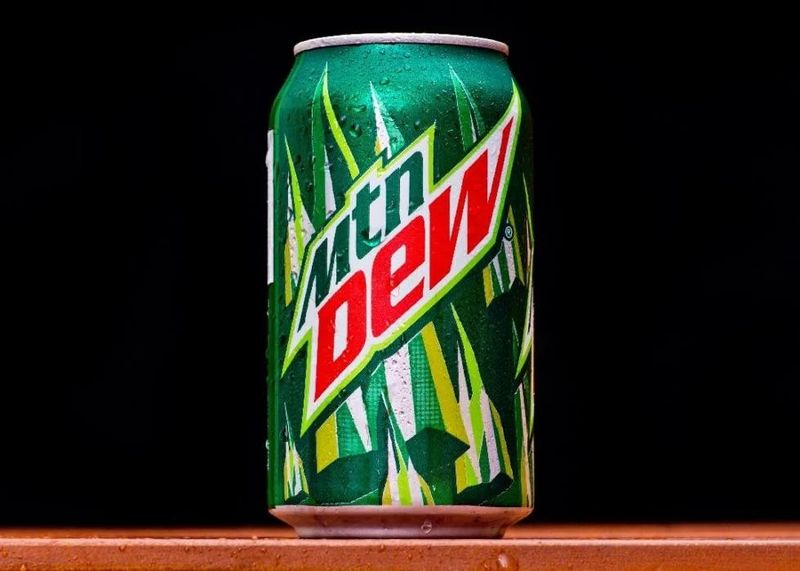
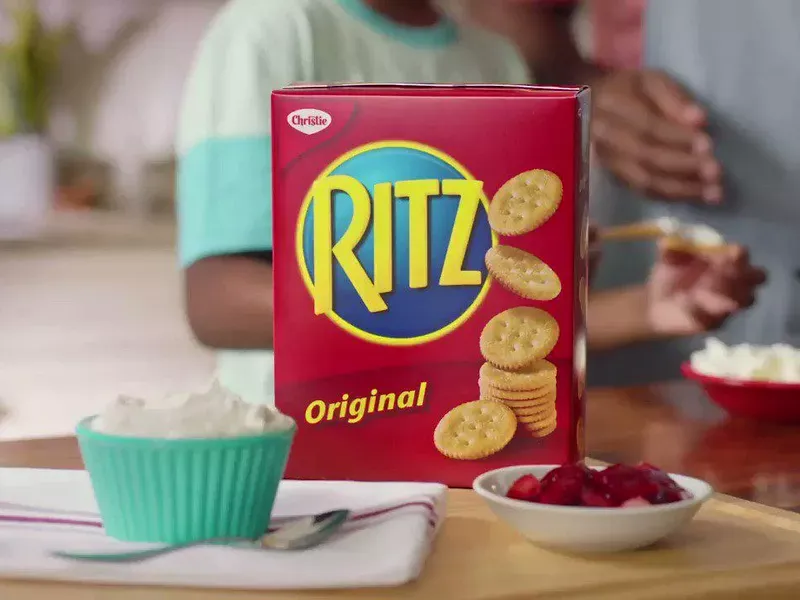
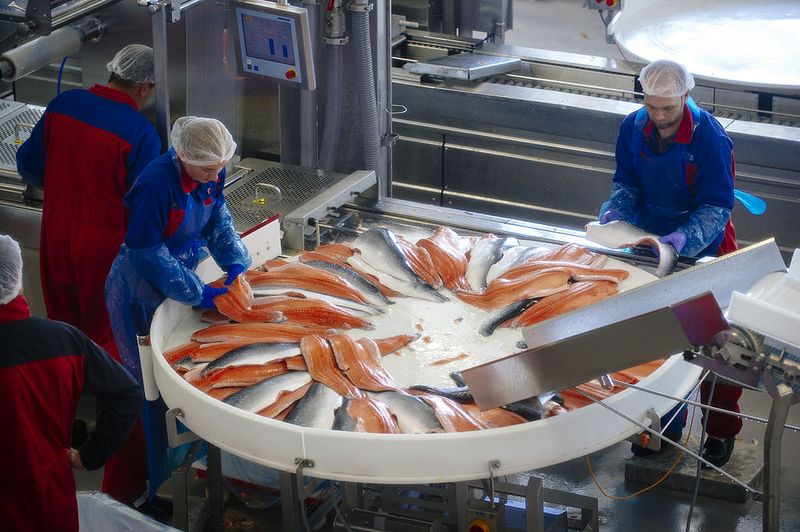
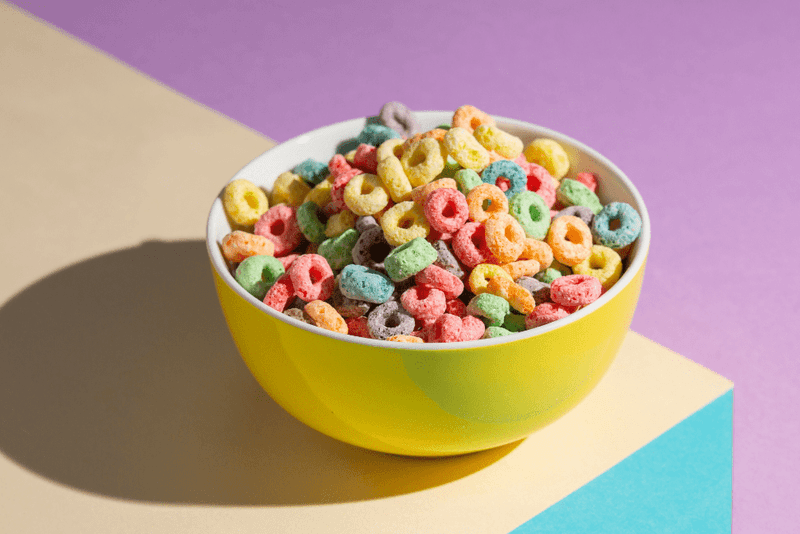
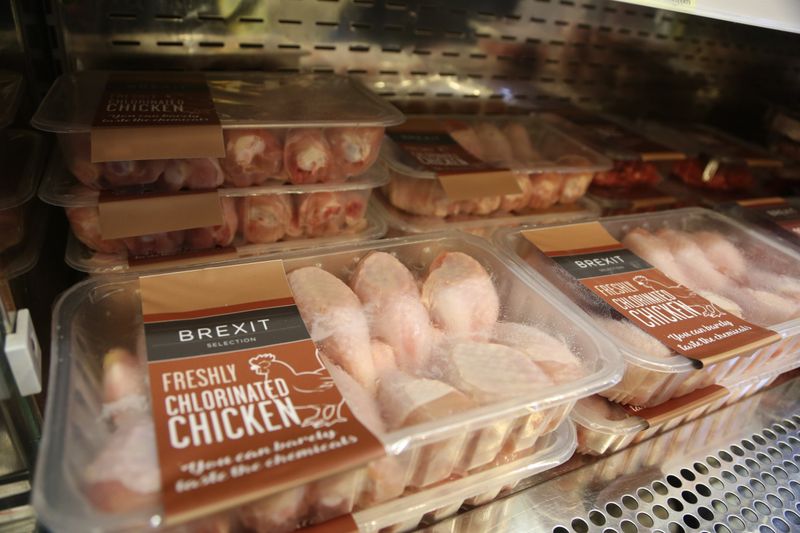
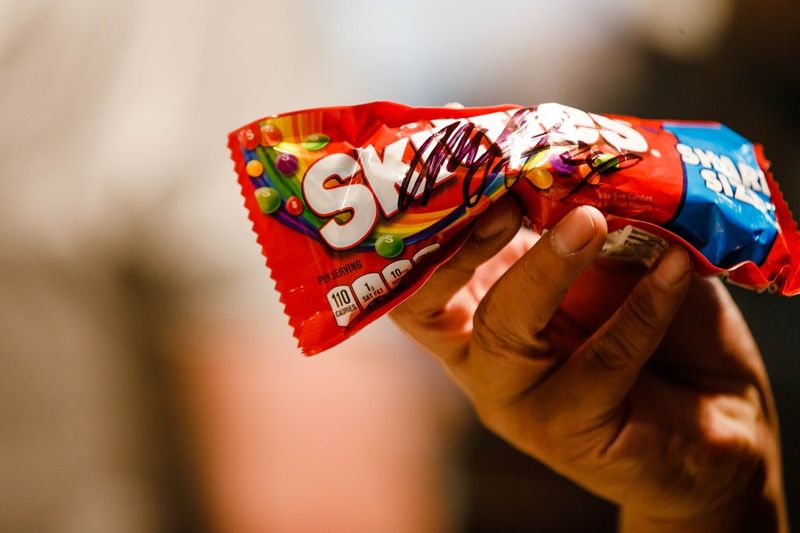
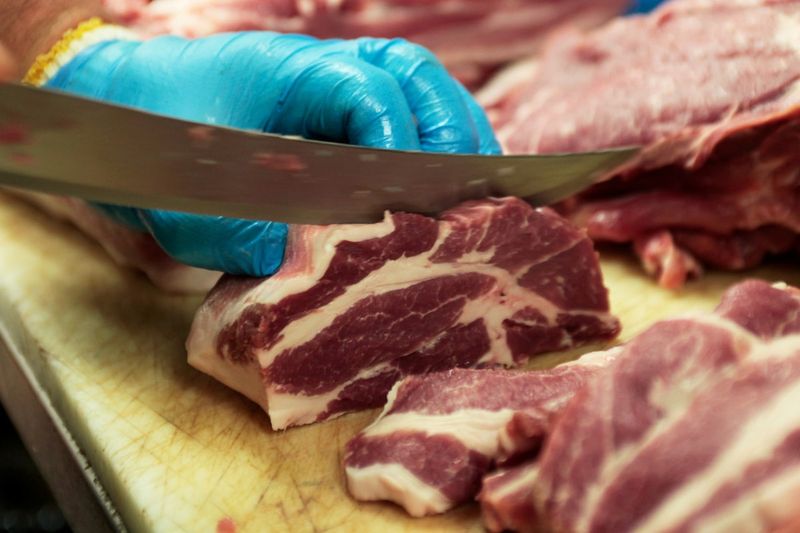
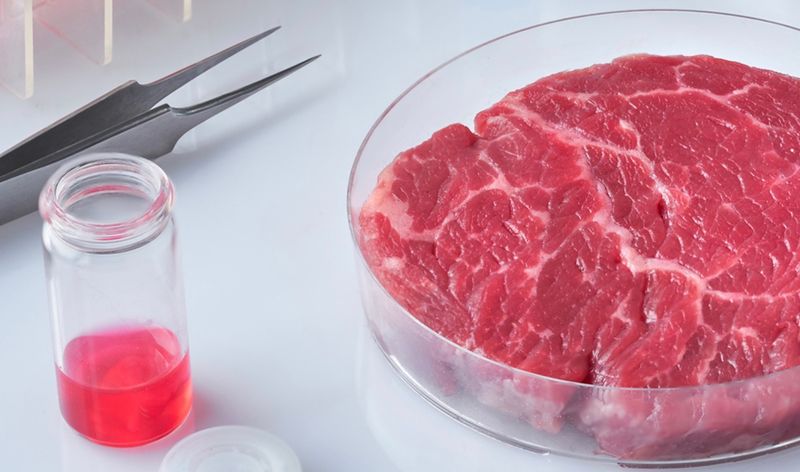
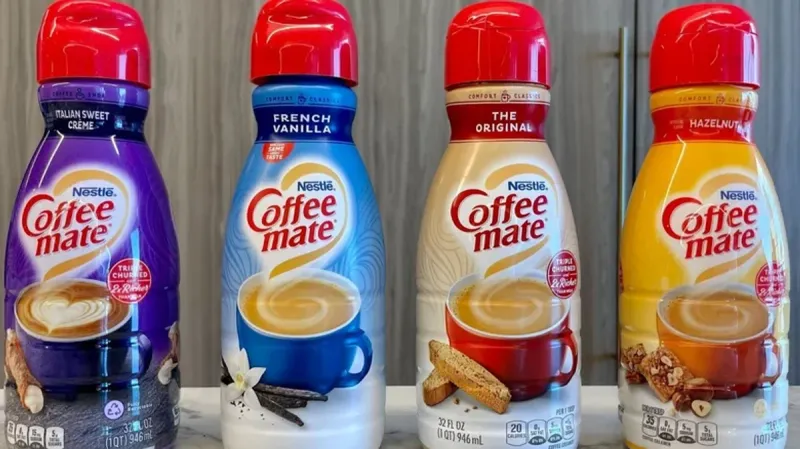
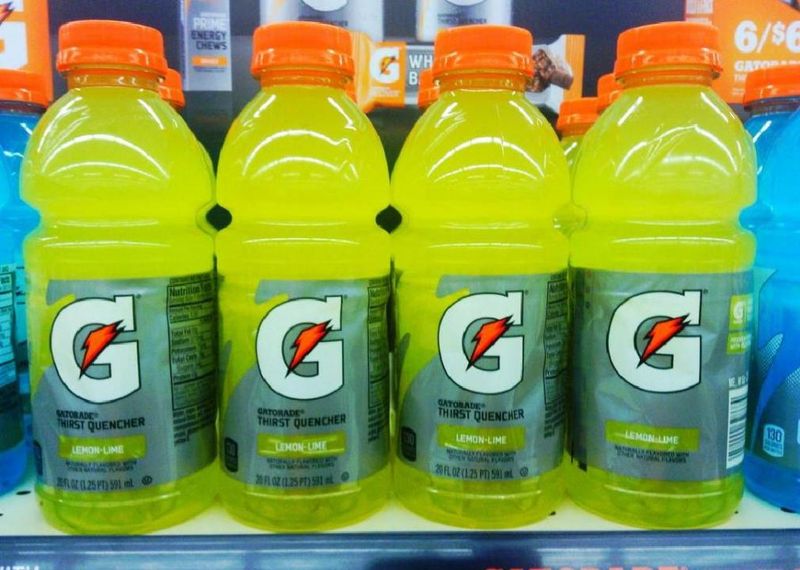
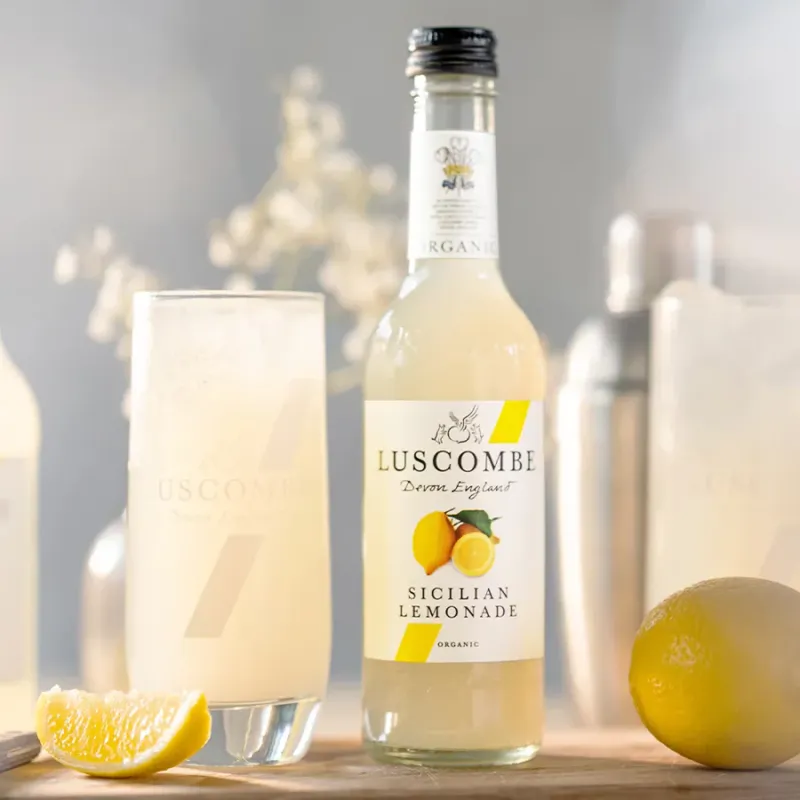
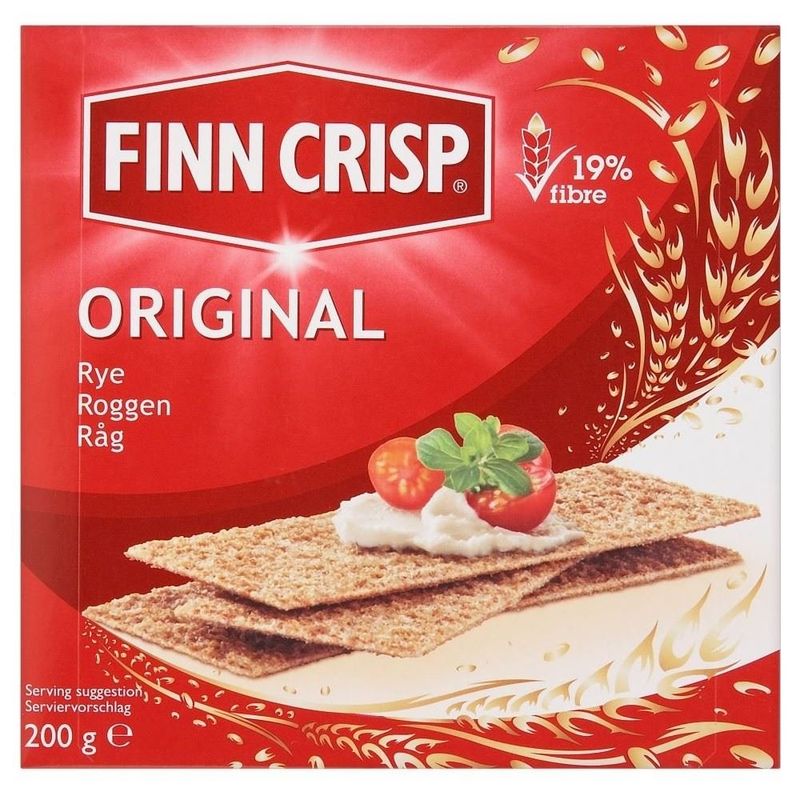
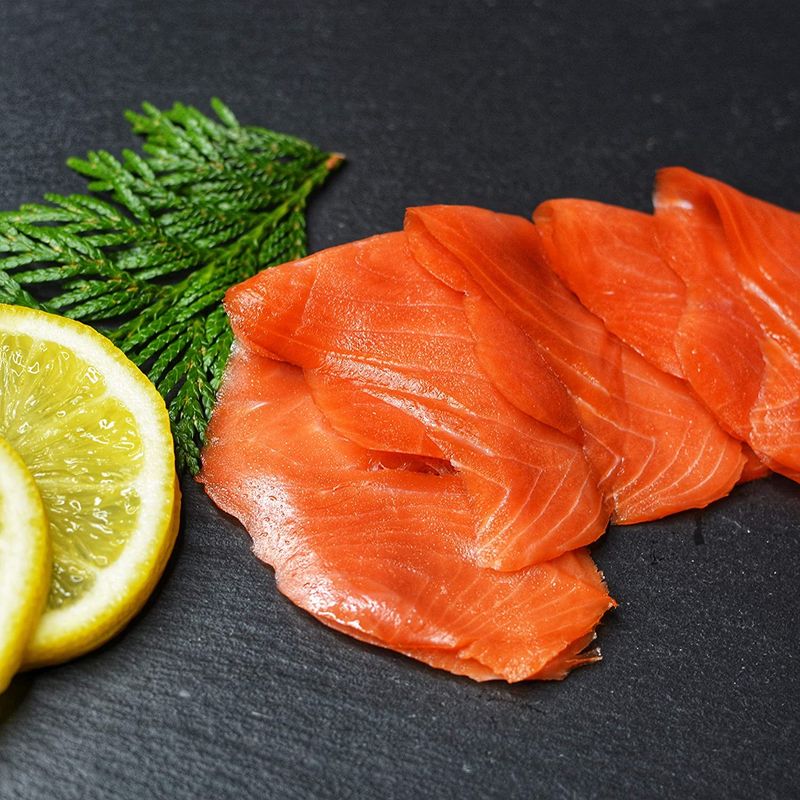
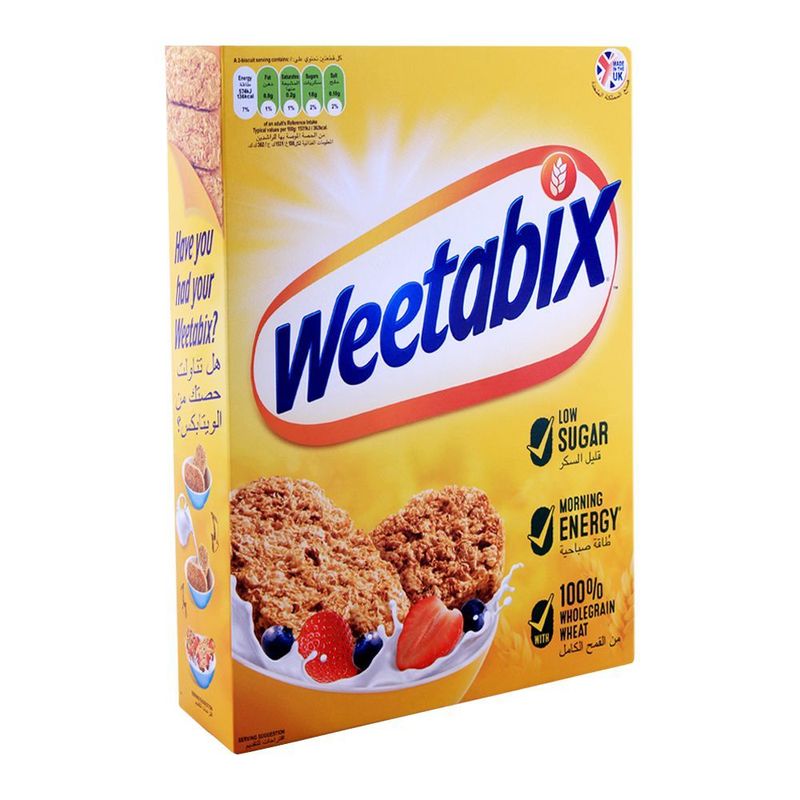
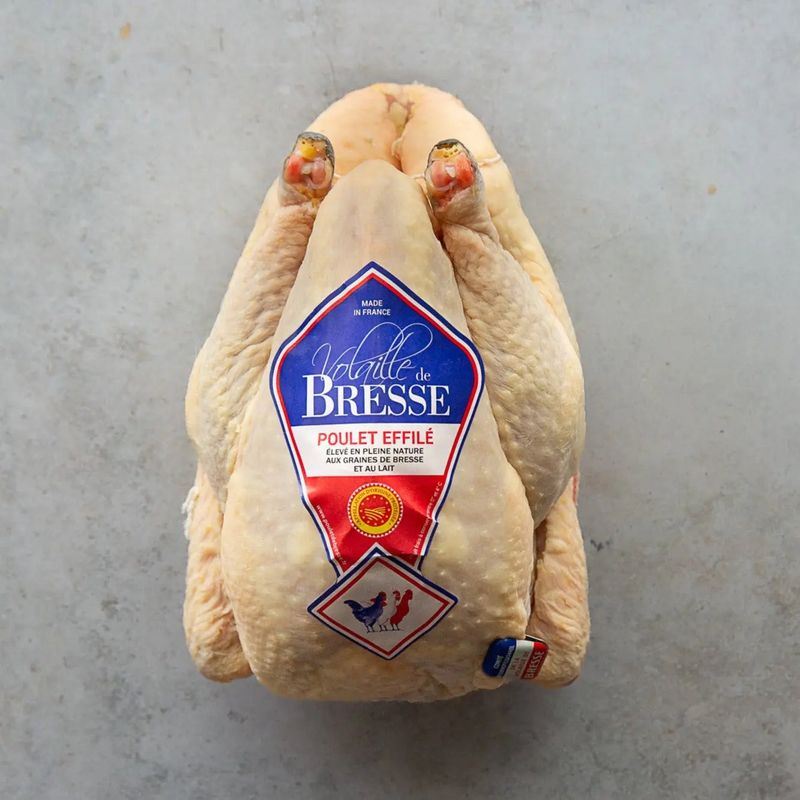
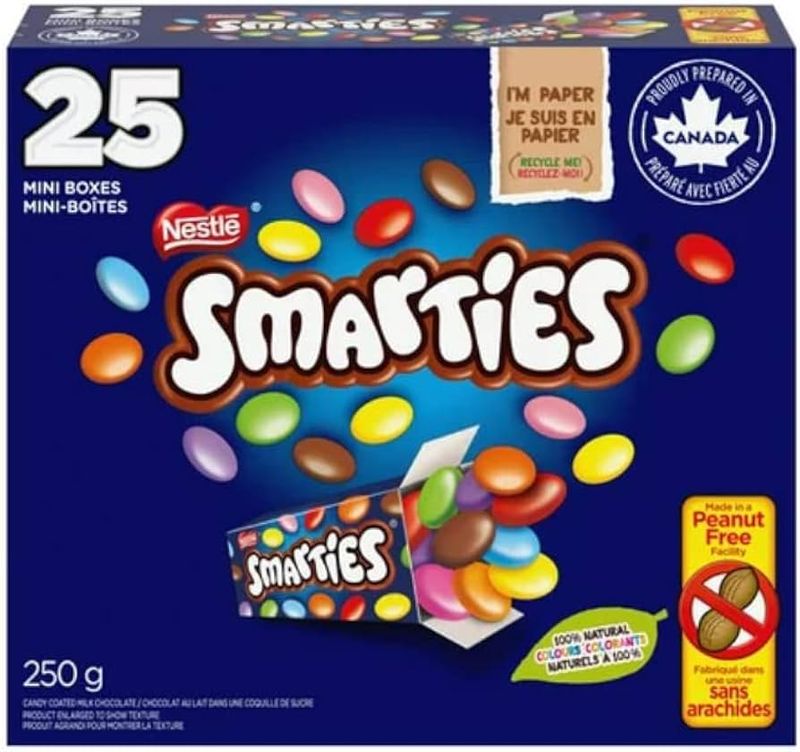
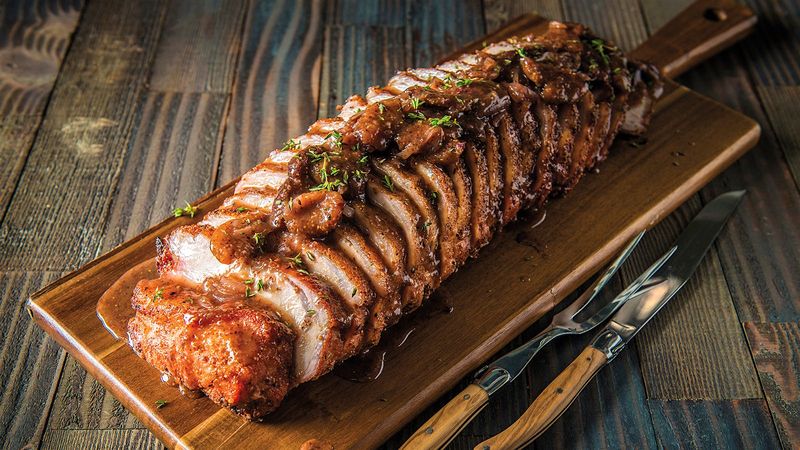
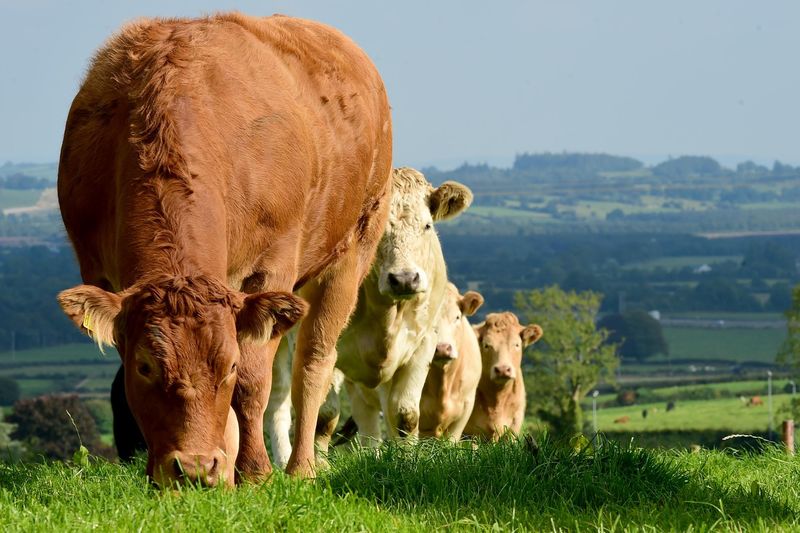
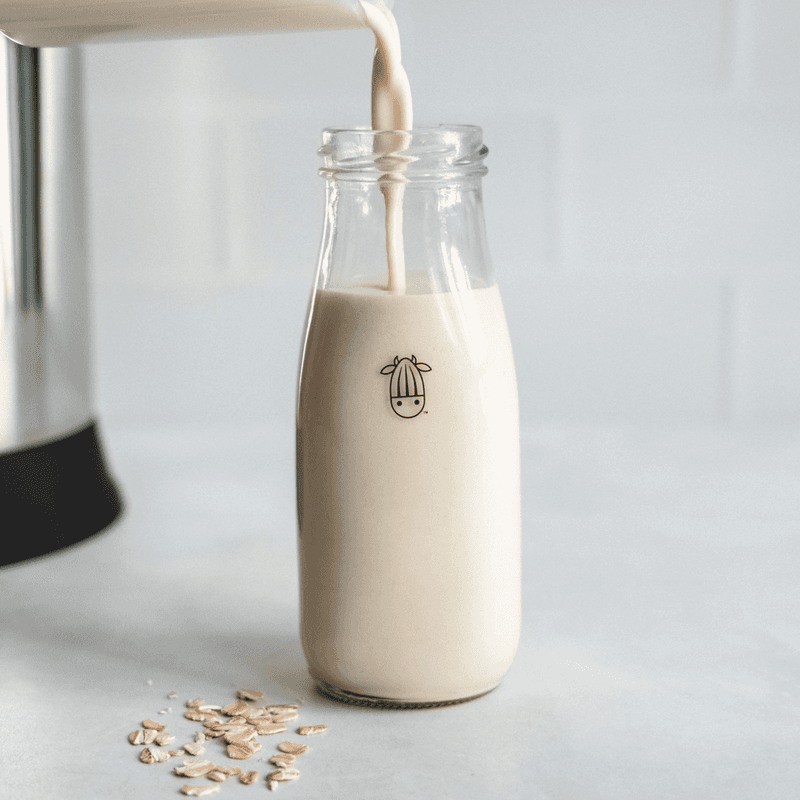
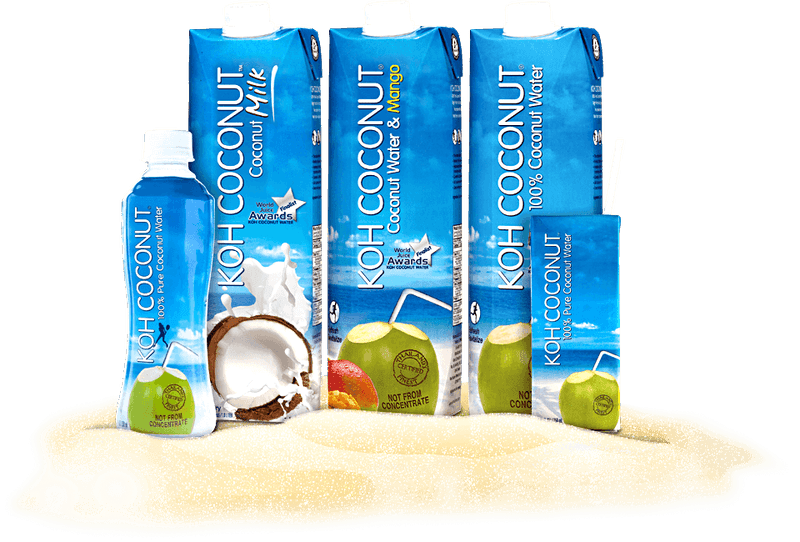
Leave a comment